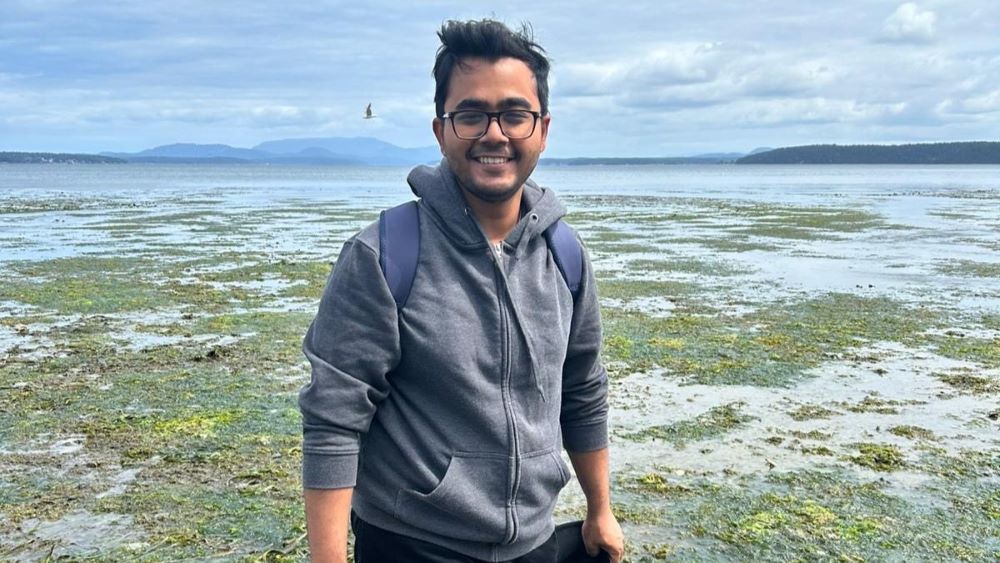
Samin Yasar is the recipient of Georgia Southern University’s third annual Yamaha Rightwaters Conservation Scholarship. Supported by an ongoing endowment from Yamaha Rightwaters, the scholarship awards $5,000 annually to a student who exhibits outstanding efforts and commitment to improve coastal sustainability.
Yasar is currently pursuing a master’s degree in biology through Georgia Southern’s College of Science and Mathematics, where he is building his knowledge about microbial ecology and public health.
“Samin’s work represents exactly why we established the Yamaha Rightwaters Conservation Scholarship,” said Joshua Grier, sustainability program manager, Yamaha U.S. Marine Business Unit. “His research into microbial dynamics in oysters advances academic understanding of marine ecosystems and delivers real-world benefits for sustainable aquaculture and the protection of oyster habitats. Healthy oyster populations are vital to coastal environments.”
Yasar earned his bachelor’s degree in microbiology from North South University, one of the leading institutions in Bangladesh. His research at Georgia Southern University, conducted with Dr. John Carroll, explores the dynamics of pathogenic bacterial species in oysters harvested from coastal Georgia.
The project examines how bacteria populations fluctuate over time under different grow-out methods, the effects of post-harvest handling on bacteria concentrations, and how concentrations change following aerial exposure and resubmergence. The findings aim to reduce the risk of bacteria-related foodborne illnesses, strengthen consumer confidence in seafood safety, support public health efforts and benefit oyster farmers. After Yasar earns his master’s degree, he plans to pursue a Ph.D. in biological sciences, continuing his research on microbial pathogens and their environmental impacts.
“Receiving the Yamaha Rightwaters Scholarship is an honor that allows further focus on my research,” said Yasar. “In the short term, I hope to collaborate with other scientists, publish my findings and contribute to a better understanding of bacterial ecology and public health. Long term, I plan to pursue a Ph.D. and a career in academia where I can continue this work and mentor the next generation of researchers.”
Your email address will not be published.
We are using cookies to give you the best experience on our website.
You can find out more about which cookies we are using or switch them off in .
This website uses cookies so that we can provide you with the best user experience possible. Cookie information is stored in your browser and performs functions such as recognising you when you return to our website and helping our team to understand which sections of the website you find most interesting and useful.
Strictly Necessary Cookie should be enabled at all times so that we can save your preferences for cookie settings.
This website uses Google Analytics to collect anonymous information such as the number of visitors to the site, and the most popular pages.
Keeping this cookie enabled helps us to improve our website.
More information about our Cookie Policy on our Privacy Policy

Recent Comments